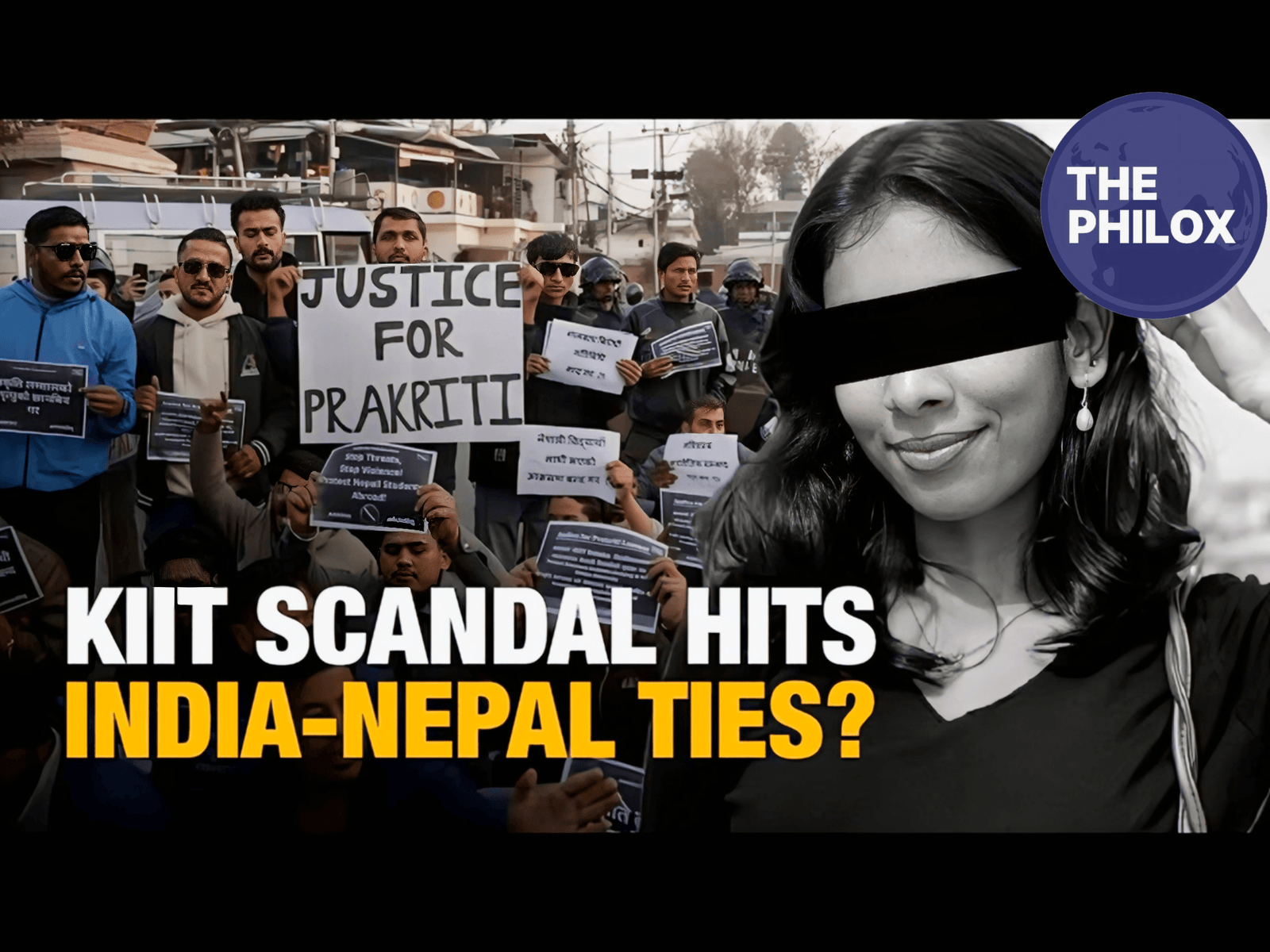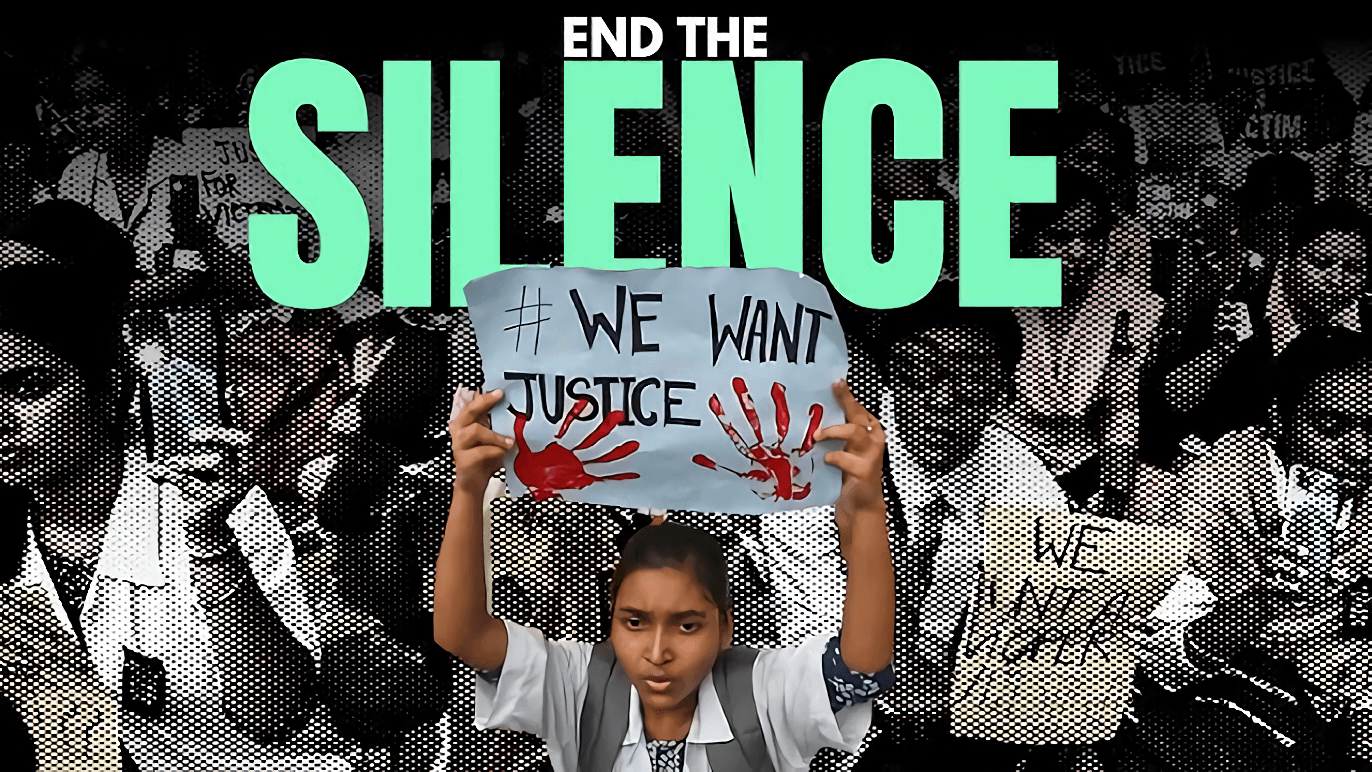What the once-controversial and eye-catching case of the RG Kar Kolkata brought before everyone has now become the fading page of history, since its failure is also due to systemic lapses, but now forgotten and made into a subject matter only by movies and cricket. Meanwhile, the world outside moved on, but silence at this point still raises gaping questions.
The media, that had been non-stop for years in publishing the case story, now just whispers of it. Is this lack of accountability a kind of responsibility as a society and our priorities?
The RG Kar Kolkata Case: What Happened?
The case of the ghastly murder of a medical intern in RG Kar Kolkata shocked and stirred up the medical community in general.
A young doctor so full of promise was killed under mysterious circumstances, drawing protests from fellow students who called for justice from the very corner of society where such questions of safety, neglect on the part of an institution, and the deplorable state of medical education prevail in India.
Despite the initial outrage and calls for accountability, it has been delayed and left to questions unanswered. Allegations of mishandling on the part of the authorities, lack of evidence, and inability to identify a culprit have made this case remain open.
It, therefore, lacks clear resolution, pointing to systemic inefficiencies and how the justice system may or may not work.
Role of Media: A Silence that can be Heard
Week after week, the RG Kar Kolkata story dominated headlines. Media played all their trump cards to entice more coverage and public opinion against the perpetrators and an authoritative action. But a few months passed, coverage began to taper off into sparse reports, and now not a word about the scandal on the front pages anymore.
Silence is even scary in this crime. The media, the fourth pillar of democracy, has a duty to make sure that such cases remain before the public eye until justice is served.
Instead of that, it has diverted its focus to frivolous issues such as celebrity gossip or updates on sports, thereby abandoning its role in keeping the public abreast of important issues. Abandonment is not only against the pursuit of justice but also promotes a culture of forgetfulness.
A Society That Forgets
One of the most alarming aspects of this case is how quickly people have moved on. The outrage that once burned brightly has been extinguished, replaced by discussions about blockbuster movies and cricket matches.
This reflects a deeper societal issue: our inability to sustain attention on matters of importance.
This is due to various reasons. First, the news cycle bombards us with information that never lets one focus on a subject for a long time.
Second, social media has led us to instant gratification, seeking entertainment rather than engagement on complex issues. Finally, our collective memory is set by what the media chooses to highlight. When the media moves on, so do the public.
The Cost of Forgetting
The repercussions of cases like RG Kar are too enormous to be ignored. The victim’s family suffers grief without the comfort of justice.
Society fails to resolve systemic issues that may have led to the occurrence of this tragedy. The perpetrators remain unpunished and feel emboldened and enabled to carry out similar acts in future.
Forgetting also violates democratic principles and justice. The lack of public and media scrutiny over officials creates a power vacuum wherein the exercise of authority with impunity becomes rampant, creating a cycle of lack of trust in institutions and their continued perpetuation by cycles of apathy and neglect.
The Philosophy of Memory and Justice
Philosophically, the act of remembering is intrinsically tied to the pursuit of justice. Memory serves as a collective conscience, reminding us of past wrongs and urging us to take corrective action. When we forget, we risk repeating the mistakes of the past.
The RG Kar case is not an isolated issue of one individual but issues of safety, justice, and institutional responsibility at a larger plane. Forgetting this case, we are missing an opportunity to honor the memory of the victim and learning from the tragedy.
Making the Media Accountable
No doubt the media plays a crucial role in molding public opinion. While capable of bringing up issues, it is also capable of burying them all together. In the RG Kar case, the media’s initial coverage was excellent, but its silence thereafter is inexcusable.
The media has to be made answerable to their choices. Instead of racing for sensational stories, they should focus on those that have a long-lasting impact on society. Follow-up reporting, sustained coverage, and investigative journalism ensure that cases like RG Kar are in the public mind.
Call to Action
It should be so as citizens to demand better from both the media and ourselves. It requires us to refuse letting issues of consequence get swept under the rug and institutions account for failure. It’s being informed, discussing in-depth, and demanding change from within the system.
The RG Kar Kolkata case may not dominate the headlines anymore, but it is still very much on. The absence of updates does not merely reflect the delay in investigation; it reflects our collective failure to demand justice.
The next time we get ourselves engrossed in the latest movie release or cricket match, let us remember the young doctor whose story remains incomplete. Let us remember that behind every unresolved case lies a family waiting for answers, a society failing to uphold its values, and a justice system in need of reform.
Justice is not only the responsibility of courts and police, but a collective effort. Let us not forget.




